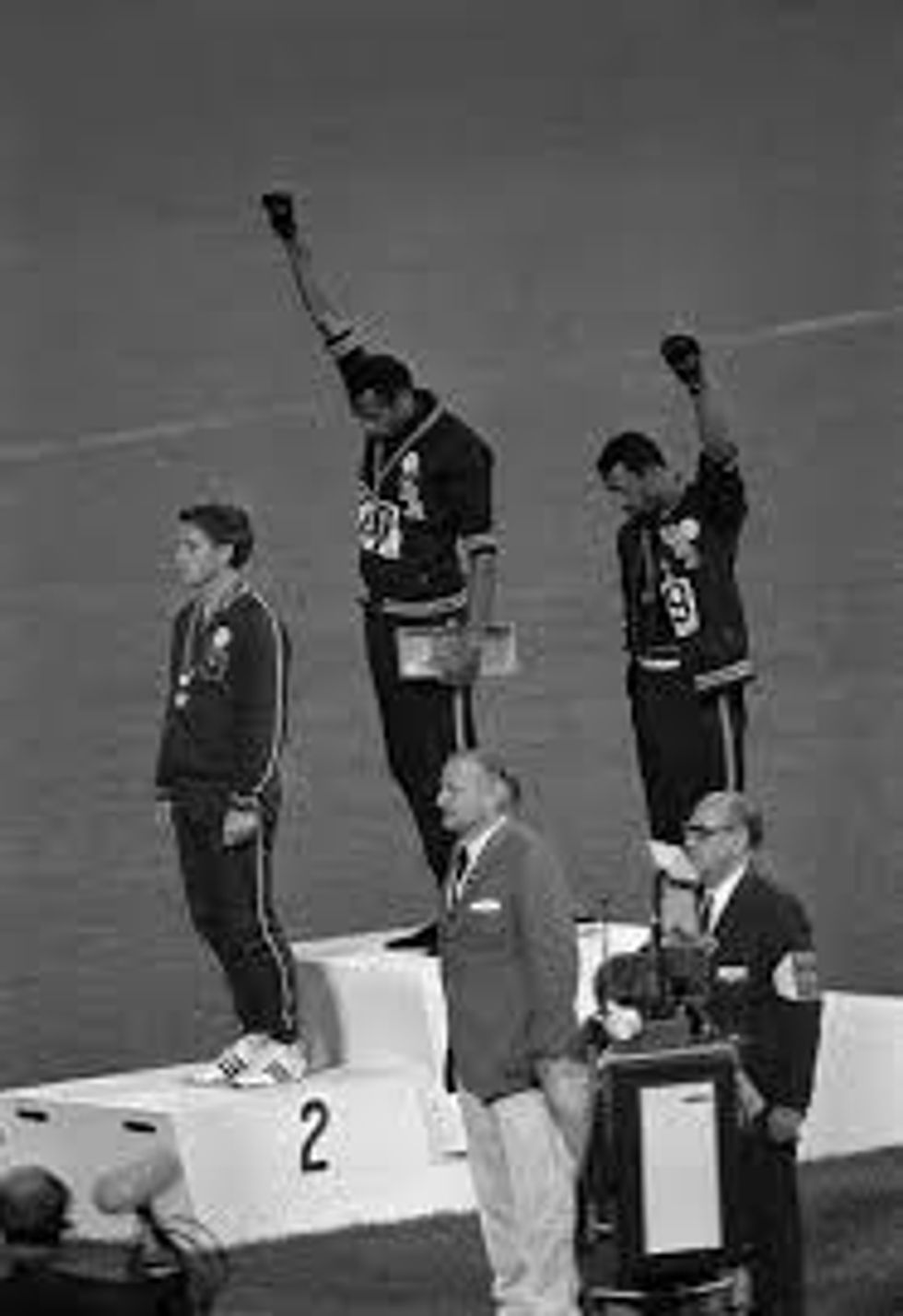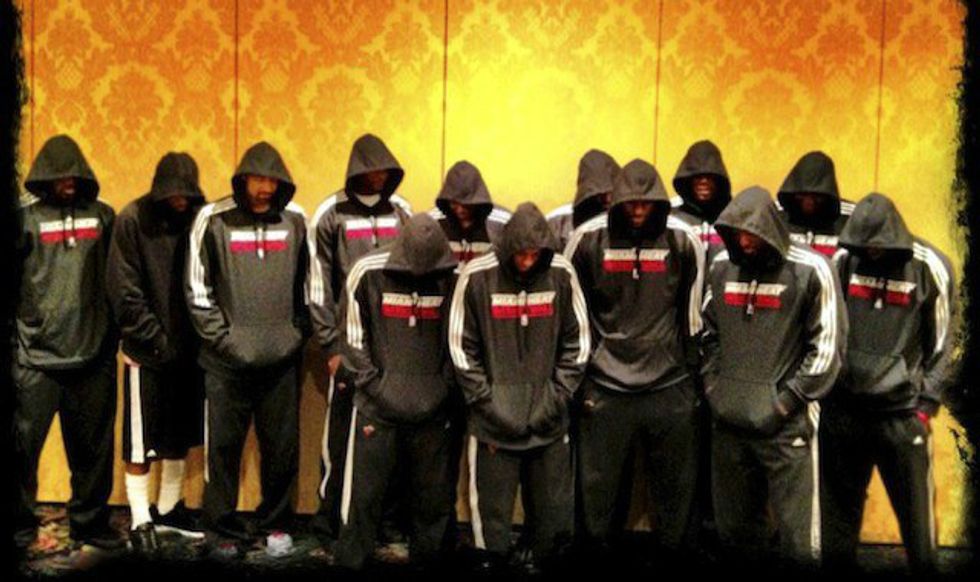Sports culture can bring you to the highest heights of emotion and pride. However, lately, it's also shown just how far we have to go as a country. The recent publication of racial injustice and police brutality has given athletes and sports personalities a new way of voicing their displeasure with these harsh realities. Some of these athletes have taken it upon themselves to publicly protest this condition and have faced a wave of backlash because of their responses.
Most recently, San Francisco 49ers quarterback Colin Kaepernick has begun to kneel during the national anthem. This act is reminiscent of Olympic Track athlete John Carlos holding his fist in the air during a 1968 Olympics medal ceremony. These two protests share the common thread of standing against a symbol that represents America in a very public way. This display of protest has brought forth many opinions from a wide variety of pundits. These opinions have ranged form undying support to vehement disagreement and accusations of disrespect towards the military. This is particularly interesting because of the NFL's under-publicized partnership with the United States Military. All of this brings up an interesting question: Why is the combination of sports and social issues such a divisive issue?
Football is not the only sport where theses types of protests have occurred. The sports of track, basketball, and boxing have also shown signs of political awareness. Civil Rights era athletes like Muhammad Ali, Bill Russell, and Jim Brown all spoke publicly about the social issues of their time. Bill Russell, for example, was ostracized by his adopted home Boston for marching with Martin Luther King and publicly supporting Muhammad Ali's decision to not go to the Vietnam War after he was drafted. These events shows a very deep and ingrained dissatisfaction with social issues interjecting themselves into the world of sports.
The sport of football is particularly against these ideas of protest because of the souths long history with the Civil Rights movement found inherent in the sport's lifeblood. Also because of the socio-political leanings of some southern states you see an increased level of support for the armed services. Many of the best football programs in college are located in the south which is essentially ground-zero for the Civil Rights Movement. Many of the key events of the Civil Rights movement took place in states like Mississippi and Alabama, states who also pride themselves on their college football programs. Also the language of football players and coaches has a very militaristic, group-oriented tone to it which lends to that stereotype. Quarterbacks and Coaches are often described with the word "general" based on their tactical contribution to the team. Meanwhile, skill-position players like wide receivers and running backs are considered "weapons" because of their implementation on the field. Defenses exploit their opponents weaknesses using intelligence gathered beforehand, that is also in military tactical language. The way that football teams operate share many similarities with military leadership structures and procedures. This makes the inherent culture behind the sport very much against social protest movements.
However, not all sports leagues have suppressed protests. Some of the baskeball's biggest stars have made very public actions of support for the Black Lives Matter movement. In 2012, when Trayvon Martin was murdered the boy's favorite team, the Miami Heat, posted a picture of the the whole roster wearing hoodies in honor of Martin. After the death of Michael Brown, many NBA and WNBA players wore Black Lives Matter t-shirts during their warmups before games. The NBA has issued statements of support for the player's rights to protest and has planned more public demonstrations after this summer's events.
The reason, I believe, this is such an issue is because of the collision of real-life events and problems with the relatively simple world that sports provide. Many people view sports as an escape from the problems in their lives. A place where they can tune everything out and watch something that won't be more complicated than their real lives. When this careful balance is titled then thats when people become afraid and begin lashing out against reality. This is what is happening with these protests, people are being forced to acknowledge an issue that plagues minority groups in this country. And minorities make up a large portion of these leagues players and management.
With African-Americans making up 68% of the NFL and 74.4% percent making up the NBA, the presence of socially active players is felt on a much more culturally significant level. All of the young people that follow athletes like LeBron James and Carmelo Anthony are being exposed to information that educates them on an issue that they may not have otherwise heard about through usual means. Even white players and coaches from both leagues have shown support with 49ers coach Chip Kelly publicly supporting Kaepernick and Golden State Warriors Head Coach Stever Kerr also showing support for these protests.
During these volatile times in our country's history, it is important for athletes to speak up. It is important to know that people still remember that America isn't perfect, no matter how successful it makes them. Being able to look past the veneer of endorsements and fame and being able to see the harsh realities that still face much of the country is a very difficult thing to balance. But when an athlete does protest something, its the power in the image spreads to a much younger, and desperately in need of hearing it, audience. When kids are exposed to these realities, that is when real change begins.





















